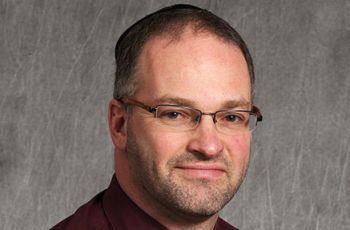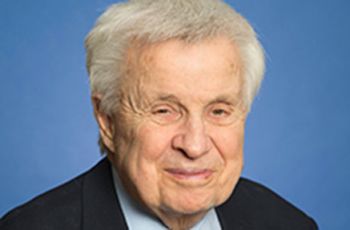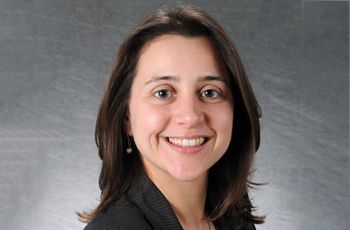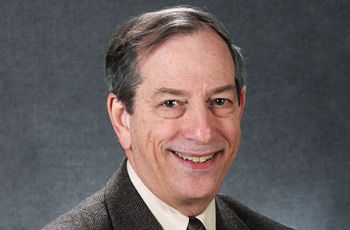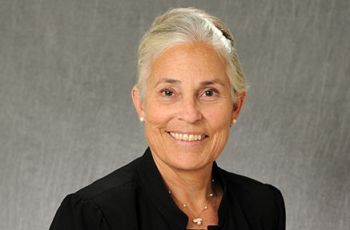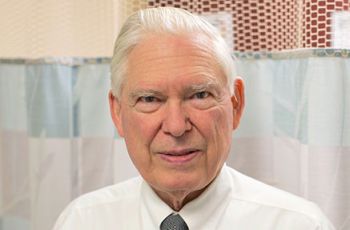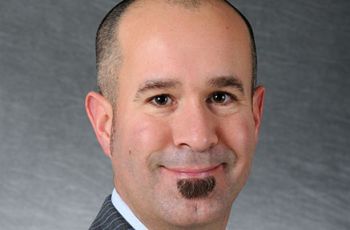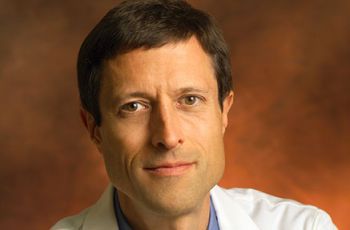Faculty in the Media
Jeremy Brown, M.D., clinical professor of emergency medicine, wrote an op-ed in The Washington Post examining Judaism and modern science. He is the author of the recently published book, "New Heavens and a New Earth; The Jewish Reception of Copernican Thought."
Linda Fu, M.D., associate professor of pediatrics, was honored at the Research & Hope Awards given by the Pharmaceutical Research and Manufacturers of America. Fu was honored for leading a vaccine program that has helped Children's National Medical Center increase immunization…
Jerrold Post, M.D., clinical professor of psychiatry and behavioral sciences, wrote an op-ed in The Huffington Post, looking into the history of decision making in Syria.
Mandi Pratt-Chapman, associate director of the GW Cancer Institute, was featured in the Washington Business Journal's BizBeat for receiving a $2.1 million cooperative agreement to work with the Centers for Disease Control and Prevention (CDC) to design and implement a comprehensive technical…
Richard Katz, M.D., Bloedorn Professor of Cardiology, professor of medicine, and director of the division of cardiology, was featured in Healthcare Technology Online for being awarded a $1.9 million by the Patient-Centered Outcomes Research Institute.
Patience White, M.D., professor of medicine, was quoted in the Daily Herald. She discussed recent research showing that osteoarthritis isn't just a result of wear and tear on your joints, but arises from an interplay between environment and genetics.
James Ahlgren, M.D., professor of medicine, was interviewed by Medscape Medical News about the potential benefits and risks of using computed tomography colonography to screen asymptomatic adults aged 50 to 80 years for colorectal cancer.
Michael Compton, M.D., professor of psychiatry and behavioral sciences, wrote an op-ed in Psychiatric News about the benefits of attending the Institute on Psychiatric Services every year.
Neal Barnard, M.D., adjunct associate professor of medicine, appeared on WPBS to help Americans make healthier lifestyle choices with his program, "Kickstart Your Health with Dr. Neal Barnard."
Neal Barnard, M.D., adjunct associate professor of medicine, was interviewed by The Boston Globe about why he does not eat meat. He believes that meat and fish are bad for both the heart and brain.
